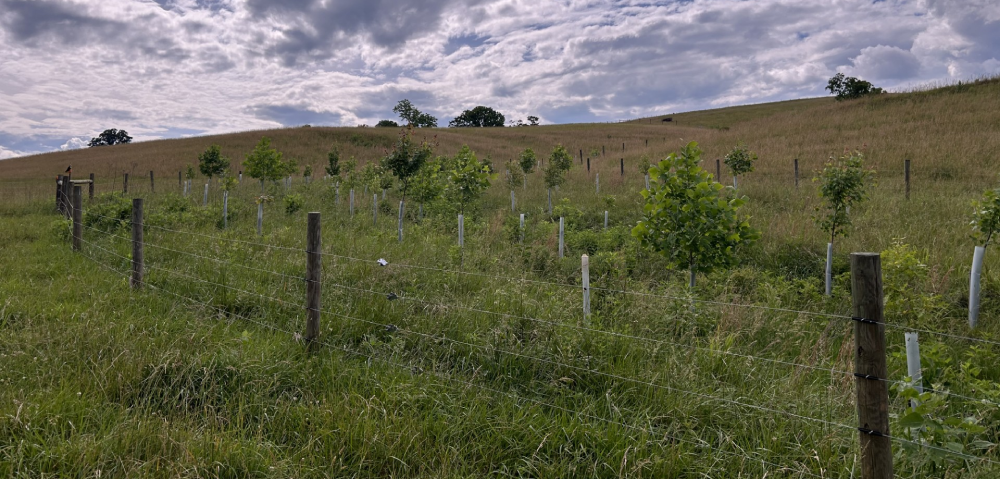
by Lindsay Spotts | Sep 20, 2024 | James River Buffers, News, Watershed Restoration |
This summer, Chesapeake Bay Foundation (CBF) have had a restoration intern – Cory Conger – helping to conduct buffer checks and survival rate calculations for each of our project sites in the Upper James River region. While conducting these checks, he observed...
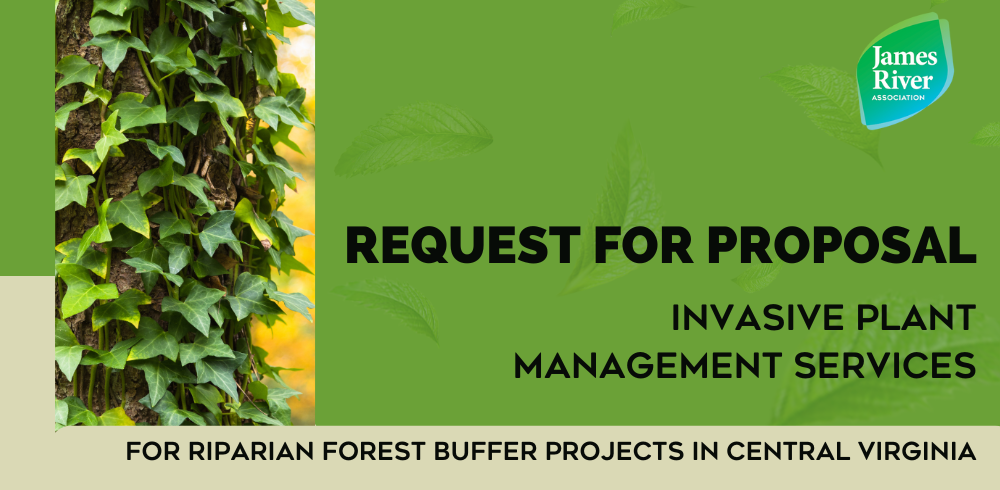
by jravirginia | Sep 20, 2024 | James River Buffers, News, Watershed Restoration |
REQUEST FOR PROPOSAL: INVASIVE PLANT MANAGEMENT SERVICES FOR RIPARIAN FOREST BUFFER PROJECTS IN CENTRAL VIRGINIA ORGANIZATIONAL INFORMATION: Organization: James River Association (JRA) www.thejamesriver.org Address: 16 South 17th Street, Suite 100, Richmond, VA 23219...
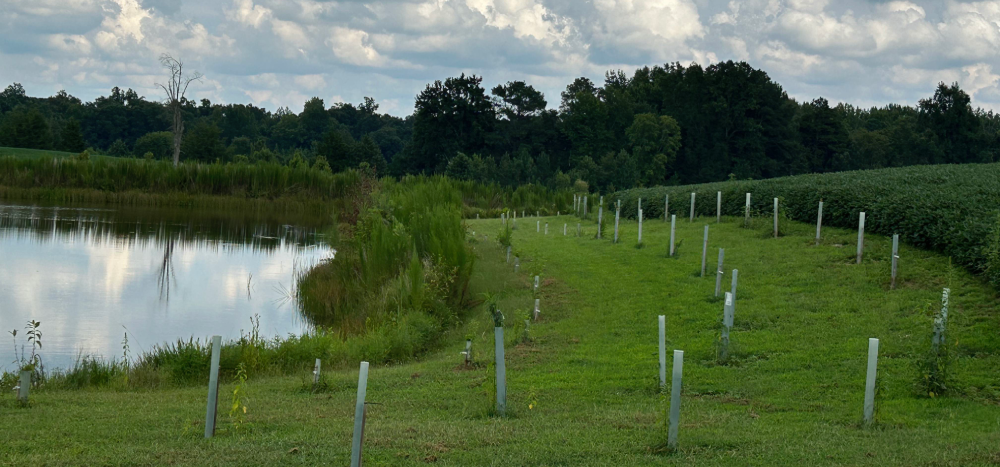
by jravirginia | Aug 27, 2024 | James River Buffers, News |
Farm Tour for local Landowners and Conservation Practitioners Amelia Courthouse, VASeptember 25, 2024 • 9:30am-1:00pm Rain Date: October 2, 2024 Join James River Association, Amelia County Extension Office, and Piedmont Soil and Water Conservation District for a fun...
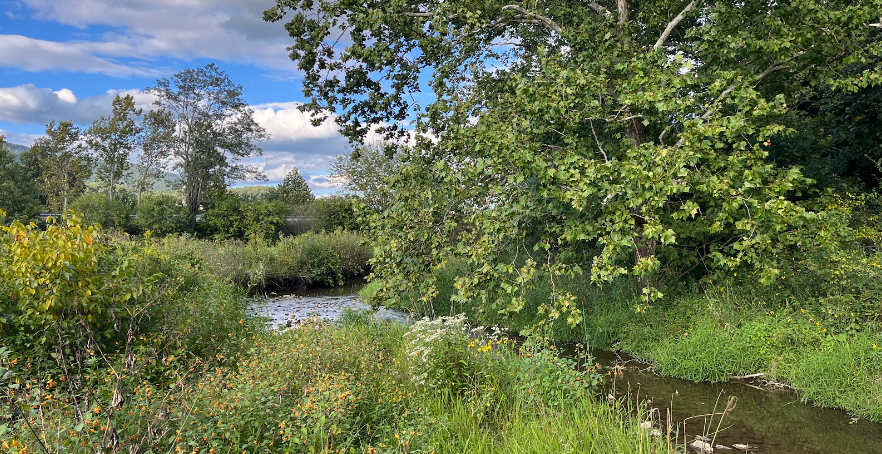
by jravirginia | Aug 19, 2024 | James River Buffers, News, Watershed Restoration |
If you take a look at your buffer in the middle of summer, you’ll see that a lot has grown! Native grasses, fobs, shrubs, and flowers have covered the areas between growing trees. It may look messy, but this is actually a sign of a healthy buffer! This vegetation...
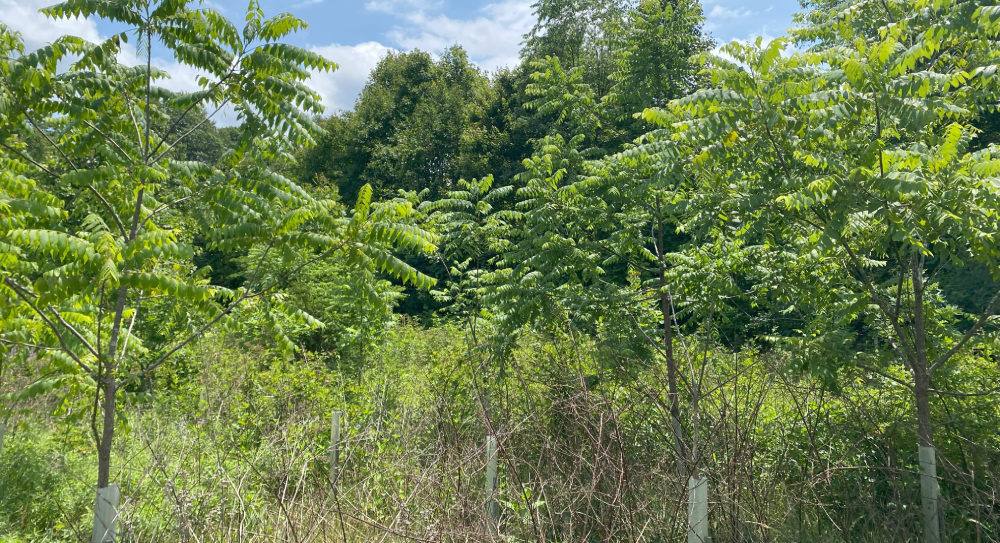
by jravirginia | Jul 22, 2024 | James River Buffers, News |
The James River Stewardship Program (JRSP) hired four new Seasonal Stewardship Assistants to complete year three of the program! The James River Association (JRA) and other partners of the Upper & Middle James Riparian Consortium (Consortium) created the JRSP in...
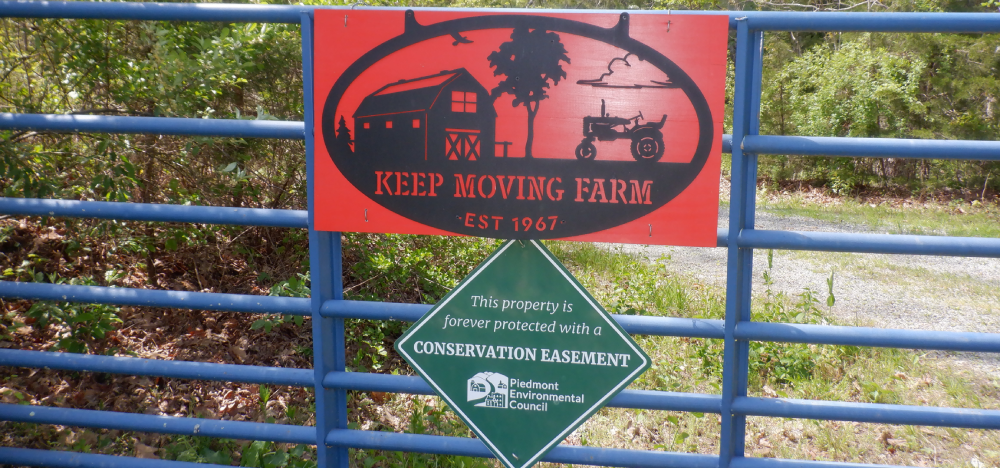
by jravirginia | Jul 3, 2024 | James River Buffers, News, Watershed Restoration |
Conserved lands and cleaner waters go hand in hand in Albemarle County By Faith Schweikert, Piedmont Environmental Council, Communications Specialist At first glance, it may appear that Albemarle County’s southern edge doesn’t face much development pressure — at least...







